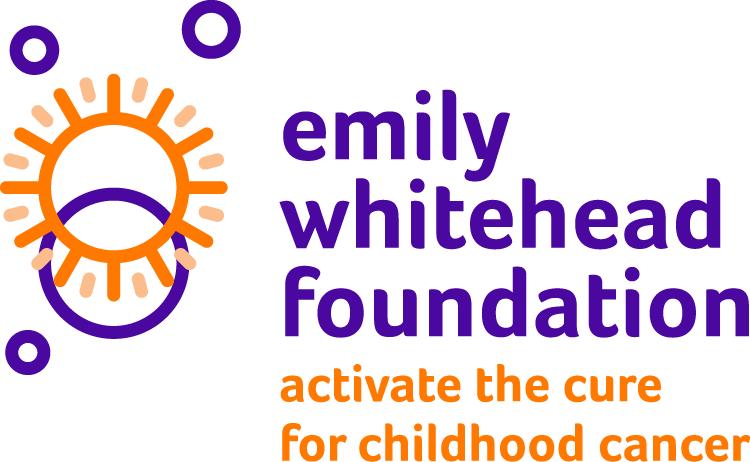Administration of T Lymphocytes for Hodgkin’s Lymphoma and Non-Hodgkin’s Lymphoma (CART CD30)
Lymphoma
0-9 years 10-17 years 18-26 years 27 years and older
1
 Drug
Drug
CAR.CD30 T cells
Condition: Non-Hodgkin's Lymphoma, Hodgkin's Lymphoma
The body has different ways of fighting infection and disease. No single way seems perfect for fighting cancer. This research study combines two different ways of fighting disease: antibodies and T cells. Antibodies are proteins that protect the body from diseases caused by germs or toxic substances. They work by binding those germs or substances, which stops them from growing and causing bad effects. T cells, also called T lymphocytes, are special infection-fighting blood cells that can kill other cells, including tumor cells or cells that are infected with germs. Both antibodies and T cells have been used to treat patients with cancers: they both have shown promise, but have not been strong enough to cure most patients. Investigators hope that both will work better together.
Investigators have found from previous research that they can put a new gene into T cells that will make them recognize cancer cells and kill them. Investigators now want to see if they can attach a gene to T cells that will help them do a better job at recognizing and killing lymphoma cells.
The new gene that investigators will put in T cells makes an antibody called anti-CD30. This antibody sticks to lymphoma cells because of a substance on the outside of the cells called CD30. Anti-CD30 antibodies have been used to treat people with lymphoma, but have not been strong enough to cure most patients.
For this study, the anti-CD30 antibody has been changed so that instead of floating free in the blood it is now joined to the T cells. When an antibody is joined to a T cell in this way, it is called a chimeric receptor. These CD30 chimeric receptor-activated T cells seem to kill some of the tumor, but they don’t last very long and so their chances of fighting the cancer are unknown.
-
(2017) Clinical and immunological responses after CD30-specific chimeric antigen receptor-redirected lymphocytes.
Ramos CA, Ballard B, Zhang H, Dakhova O, Gee AP, Mei Z, Bilgi M, Wu MF, Liu H, Grilley B, Bollard CM, Chang BH, Rooney CM, Brenner MK, Heslop HE, Dotti G, Savoldo B. Clinical and immunological responses after CD30-specific chimeric antigen receptor-redirected lymphocytes. J Clin Invest. 2017 Sep 1;127(9):3462-3471. doi: 10.1172/JCI94306.
BACKGROUND:
Targeting CD30 with monoclonal antibodies in Hodgkin lymphoma (HL) and anaplastic large cell lymphoma (ALCL) has had profound clinical success. However, adverse events, mainly mediated by the toxin component of the conjugated antibodies, cause treatment discontinuation in many patients. Targeting CD30 with T cells expressing a CD30-specific chimeric antigen receptor (CAR) may reduce the side effects and augment antitumor activity.METHODS:
We conducted a phase I dose escalation study in which 9 patients with relapsed/refractory HL or ALCL were infused with autologous T cells that were gene-modified with a retroviral vector to express the CD30-specific CAR (CD30.CAR-Ts) encoding the CD28 costimulatory endodomain. Three dose levels, from 0.2 × 108 to 2 × 108 CD30.CAR-Ts/m2, were infused without a conditioning regimen. All other therapy for malignancy was discontinued at least 4 weeks before CD30.CAR-T infusion. Seven patients had previously experienced disease progression while being treated with brentuximab.RESULTS:
No toxicities attributable to CD30.CAR-Ts were observed. Of 7 patients with relapsed HL, 1 entered complete response (CR) lasting more than 2.5 years after the second infusion of CD30.CAR-Ts, 1 remained in continued CR for almost 2 years, and 3 had transient stable disease. Of 2 patients with ALCL, 1 had a CR that persisted 9 months after the fourth infusion of CD30.CAR-Ts. CD30.CAR-T expansion in peripheral blood peaked 1 week after infusion, and CD30.CAR-Ts remained detectable for over 6 weeks. Although CD30 may also be expressed by normal activated T cells, no patients developed impaired virus-specific immunity.CONCLUSION:
CD30.CAR-Ts are safe and can lead to clinical responses in patients with HL and ALCL, indicating that further assessment of this therapy is warranted.
Houston Methodist Hospital, Houston, TX
Texas Children's Hospital, Houston, TX
